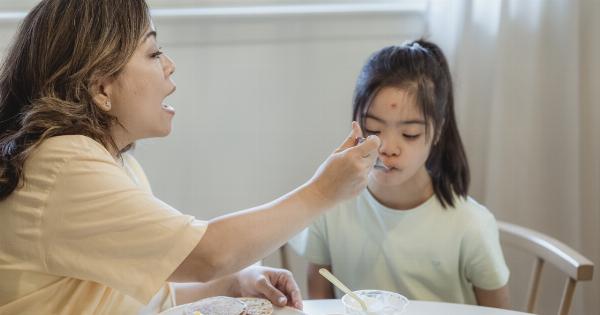Polycystic ovarian syndrome (PCOS) is a hormonal disorder characterized by irregular periods, excess levels of the hormone androgen, and the growth of small cysts on the ovaries.
PCOS affects about 1 in 10 women of childbearing age and can lead to a range of health complications, including infertility, type 2 diabetes, and cardiovascular disease.
Recent studies have also suggested that PCOS may be linked to an increased risk of developing autism in children. This article discusses the possible connection between PCOS and autism and explores what the research says about this potential link.
What is Autism?
Autism is a developmental disorder that affects communication, social interaction, and behavior. The symptoms of autism typically appear in early childhood and can range from mild to severe.
People with autism may have difficulty communicating their needs, may struggle with social interactions, and may engage in repetitive or obsessive behaviors.
Autism is a complex disorder that likely has multiple causes, including genetic and environmental factors. Despite years of research, the specific causes of autism are still unclear.
The Link Between PCOS and Autism
Several studies have suggested that there may be a link between PCOS and an increased risk of autism in children.
A study published in Molecular Psychiatry found that mothers with PCOS were 1.6 times more likely to have a child with autism compared to mothers without PCOS. Another study published in JAMA Pediatrics found that children who were exposed to high levels of androgens in the womb (a common characteristic of PCOS) were more likely to develop autism.
While these studies suggest a link between PCOS and autism, it’s important to note that correlation does not necessarily equal causation.
While PCOS may increase the risk of autism, it’s likely that other factors, such as genetics and environmental exposures, also play a role in the development of the disorder.
What Causes PCOS?
The exact cause of PCOS is not fully understood, but it is believed to have a strong genetic component. Studies have identified several genes that may be involved in the development of PCOS, including those that regulate insulin and androgen production.
Environmental factors, such as exposure to endocrine-disrupting chemicals, may also play a role in the development of PCOS.
PCOS is also strongly associated with insulin resistance, a condition in which the body’s cells become less responsive to insulin, a hormone that helps regulate blood sugar levels.
Insulin resistance can lead to high levels of insulin in the bloodstream, which, in turn, can stimulate the ovaries to produce excess androgens, leading to the development of cysts on the ovaries and other symptoms of PCOS.
How is PCOS Treated?
There is no cure for PCOS, but there are several treatments available that can help manage the symptoms of the disorder.
Treatment is typically tailored to an individual’s specific symptoms and may involve lifestyle interventions, such as diet and exercise, and medications, such as hormonal contraceptives and insulin-sensitizing drugs.
For women with PCOS who are trying to conceive, fertility treatments, such as ovulation induction, may be necessary.
Women with PCOS are also at an increased risk of developing gestational diabetes during pregnancy and may require special monitoring and treatment during this time.
Conclusion
PCOS is a common hormonal disorder that can lead to a range of health complications, including infertility and type 2 diabetes.
Studies have suggested that there may be a link between PCOS and an increased risk of autism in children, although more research is needed to fully understand this connection.
Regardless of whether PCOS is a direct cause of autism or simply a contributing factor, there are several things that women with PCOS can do to lower their risk of health complications.
Lifestyle interventions, such as diet and exercise, can help manage the symptoms of PCOS and lower the risk of developing type 2 diabetes and cardiovascular disease. Women with PCOS who are trying to conceive may also benefit from working with a fertility specialist to optimize their chances of becoming pregnant.






























